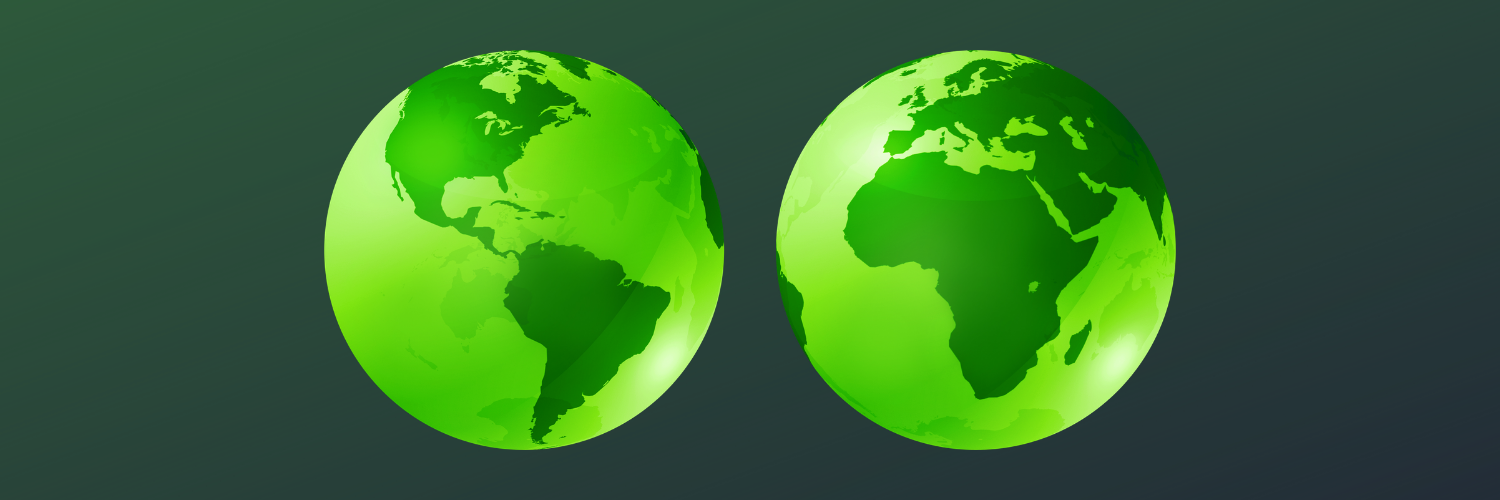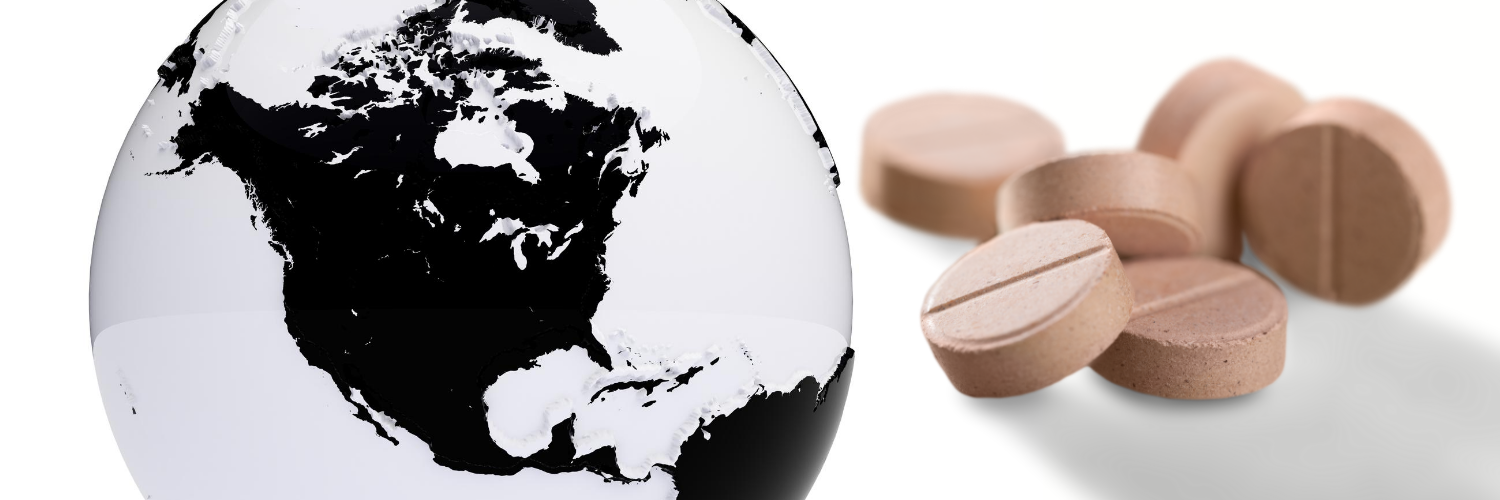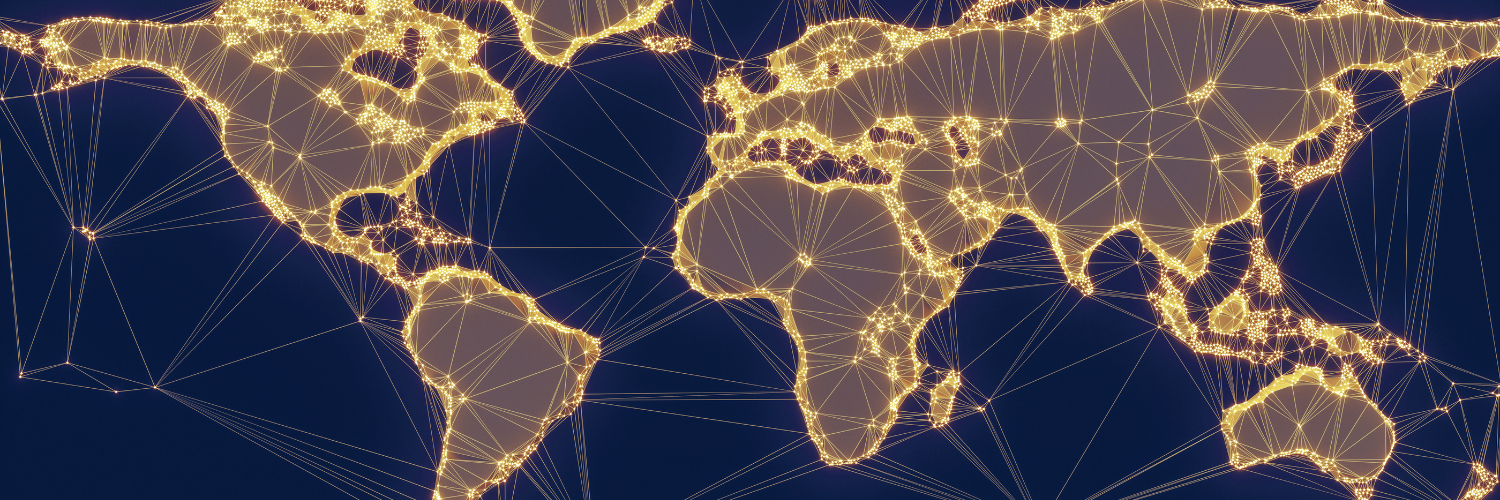Are mail order pharmacies regulated by the FDA?

The FDA is a drug-regulator; not a pharmacy regulator. The FDA (U.S. Food and Drug Administration) is a federal agency that regulates the supply chain of medications sold in the United States. It regulates the drugs that pharmacies in the U.S. are allowed to sell.
U.S. states have jurisdiction over regulating pharmacy operations, including pharmacies that operate by mail and online. So, mail-order pharmacies located in the U.S. are regulated by states. Pharmacies located outside the U.S. are regulated by their governing authorities, such as the College of Pharmacists of Manitoba, in Manitoba, Canada; the UK Pharmaceutical Council; the FDA Delhi, in India; or MedSafe, Ministry of Health, in New Zealand.
So, as a drug regulator, does the FDA regulate drugs sold outside the U.S.?
No. The FDA does not regulate drugs that are sold in pharmacies located outside the United States. That being said, the FDA does regulate medication that is manufactured abroad that is sold in the U.S. Those same drugs are also sold in foreign pharmacies. An estimated 70% of the brand-name medications sold in your local U.S. pharmacy are manufactured elsewhere.
International online pharmacies (those located in Canada or elsewhere) are not regulated by any government agency in the U.S. because:
1) They are not under U.S. government jurisdiction; and
2) Importing drugs from international pharmacies, even authentic FDA-approved drugs, while it can be permitted under federal law, is not expressly legal under most circumstances.
Why doesn’t the FDA regulate online pharmacies located elsewhere?
Again, the FDA doesn’t even regulate domestic online pharmacies. The extent to which the agency may regulate foreign online pharmacies is to take enforcement actions against them for selling to consumers in the U.S. due to our drug importation laws. It does so from time to time, whether or not the online pharmacy is licensed and safe.
However, the FDA does take important and necessary enforcement actions against rogue online pharmacies. These are sites that sell counterfeit drugs, engage in identity theft, and even sell addictive prescription opioids without requiring a prescription.
While the FDA’s reach is global in that it inspects drug manufacturing plants that lawfully export drugs to the U.S., the agency isn’t specifically mandated to regulate international online pharmacies.
In fact, the FDA’s position is generally hostile to international online pharmacies. This is partially due to federal prohibitions on importation and the existence of dangerous websites. On the other hand, the influence of the pharmaceutical industry within the FDA may explain the agency’s willingness to crack down on safe personal drug importation. Big Pharma’s lobbying and media relations dollars work overtime to ensure that you AND your regulators conflate the idea of counterfeit medication with safe and very affordable imported prescription drugs and the online pharmacy boogie men located abroad.
Things could change! While the Trump administration has not really done much on drug prices, despite a lot of dramatic claims to have done so, a recent executive order actually spells hope for those that advocate for personal importation of more affordable medicines using online pharmacies.
Online Pharmacies Endorsed by the FDA
Although it does not regulate pharmacies, the FDA endorses online pharmacies accredited by the National Association Boards of Pharmacy (NABP). Keep in mind that the NABP’s online pharmacy verification program will not approve an online pharmacy that sells to consumers in the U.S. unless it’s based in the U.S.
For clarity, the NABP strongly discourages Americans from buying drugs online from Canada or elsewhere, even from licensed pharmacies that require valid prescriptions.
The FDA hosts a campaign called BeSafeRx, a public education program designed to help consumers avoid fake online pharmacies. This may be a well-intentioned program; many online enterprises purporting to be pharmacies are not safe. The BeSafeRx campaign reports: “Only 3 percent of online pharmacies reviewed by the National Association of Boards of Pharmacy are in compliance with U.S. pharmacy laws and practice standards.” The FDA’s reliance on NABP data, the production of which is often funded by drug companies, is troubling. For example, the NABP would add to its “Not recommended list” of sites a Canadian online pharmacy that sells to consumers in the U.S., regardless of its safety.
In contrast, PharmacyChecker’s verification and drug price comparison information offer a critical and necessary alternative, helping consumers avoid online scams and finding lower cost and safe medicine from other countries.
How do states regulate pharmacies? What about Canada?
Each state has a “board of pharmacy” which regulates the pharmacies located in that state. (The NABP is the trade association for these boards.) For the most part, U.S. pharmacy boards do not license or monitor pharmacies in other countries.
Canada bears a similar structure when it comes to pharmacy regulation. The provinces (like the states) license pharmacies, while Canada’s federal-level department - Health Canada - re(like the FDA) gulates drugs. Through the PharmacyChecker Verification Program, we ensure that each accredited online pharmacy located in Canada is licensed in the province where they are located. PharmacyChecker also verifies and accredits pharmacies in other countries, such as the UK, India, Turkey, Mauritius, New Zealand, and Australia. Each pharmacy is vetted to make sure they are properly licensed in their respective jurisdictions.
What is track and trace?
Both the FDA and state regulators have a hand in the drug supply and distribution chain. For the FDA, the department exerts this control according to the Drug Supply Chain Security Act. Passed in 2013, the DSCSA was a response to an outbreak in fungal meningitis that the FDA traced to a drug compounding center in New England. “Track and trace,” its informal name, is the system built from this legislation.
“Track and trace” requires that manufacturers, distributors, packagers, and third party logistics providers report to the FDA in order to meet certain standards. This reporting process is meant to prevent counterfeit medication from entering the U.S.
Some have argued that personal drug importation undermines this carefully wrought system. If you import a drug that falls outside the track and trace network, you may be circumventing the laws, ones which are supposedly intended to prevent counterfeit drugs from entering the U.S. However, just because a drug isn’t labelled in compliance with the Drug Supply Chain Security Act, doesn’t mean it is not legitimate or safe. A drug approved in Canada and sold in a Canadian pharmacy, for instance, that is the exact same one sold here, would not be labeled in accordance with the Drug Supply Chain Security Act.
In fact, many prescription drugs that people import ordered from online pharmacies are made in FDA-approved plants and then labeled to be sold in Canada, Spain, or wherever the supply chain takes it. So while “track and trace” deems it “unapproved,” it is often the same pill, just dressed for a different occasion.
In 2020, the FDA lifted some DSCSA restrictions to ease drug distribution to fight the global Covid-19 pandemic. Federal law allows for such flexibilities if there is a public health emergency. Certainly, to many Americans who can’t afford a drug that they need, it is their personal health emergency and the reason they buy a drug from another country. Food for thought.




